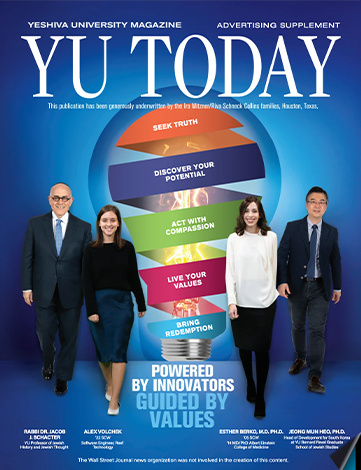Message from Dr. Selma Botman
Provost and Vice President of Academic Affairs
"Our esteemed faculty are highly accomplished experts in their fields, published authors of scholarly papers and books, research grant recipients, and industry leaders who are dedicated to sharing their deep knowledge with the world."
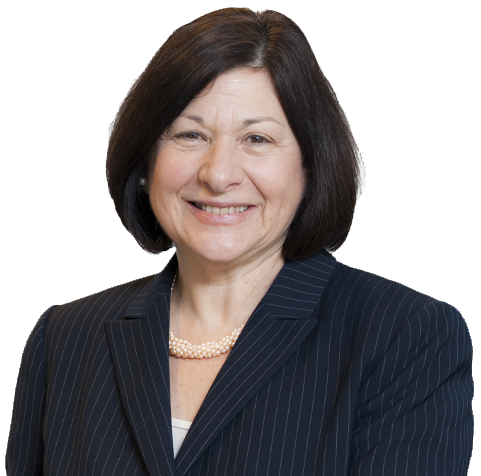
I am teaching real-world conflict resolution skills, equipping law students to become effective problem solvers and advocates.
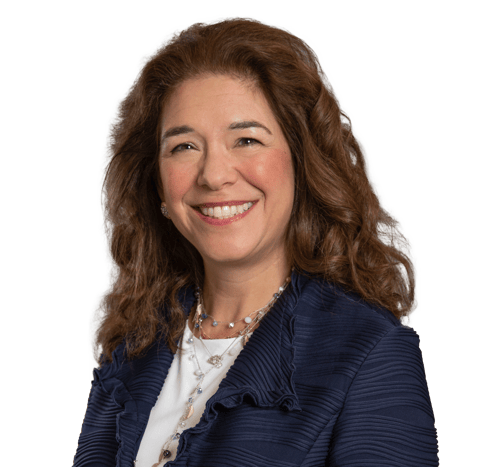
Andrea Schneider
Professor of Law Director, Kukin Program for Conflict Resolution
Cardozo School of Law
A recipient of numerous awards, Prof. Schneider is world-renowned for her work in conflict resolution. She has also published numerous articles on negotiation, plea bargaining, negotiation pedagogy, ethics, gender and international conflict. Her presence at Cardozo enriches the academic community and strengthens its leadership in conflict resolution and legal education.
I am advancing culturally competent care to elevate the standard of mental health service delivery.
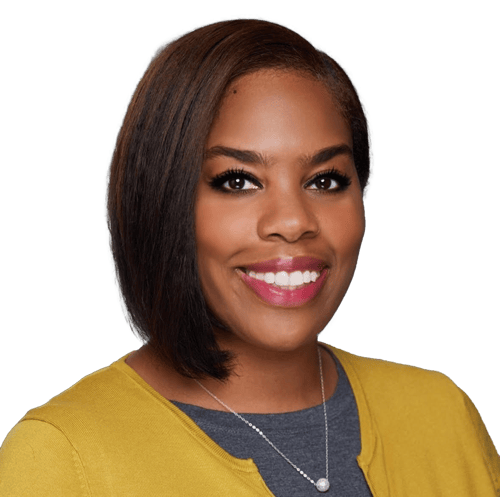
Dr. Latoya Attis is a clinical associate professor of marriage and family therapy, licensed master social worker and psychotherapist. She approaches mental health through a community-focused lens, emphasizing the influence of social, cultural and systemic factors on healing. Her interdisciplinary approach combines relational therapy with social justice, promoting individual and collective well-being. Dr. Attis is a leader in fostering students' growth and enhancing their academic experiences and pioneered clinical training at Ferkauf by launching the Gottman Intervention Practice Lab in her Couples in Crisis course. A Brandeis-Harvard SPIRE Scholar, she specializes in student mental health, particularly in underserved communities.
I am leading a National Science Foundation-funded project that bridges cybersecurity education and research for mobile health innovation.
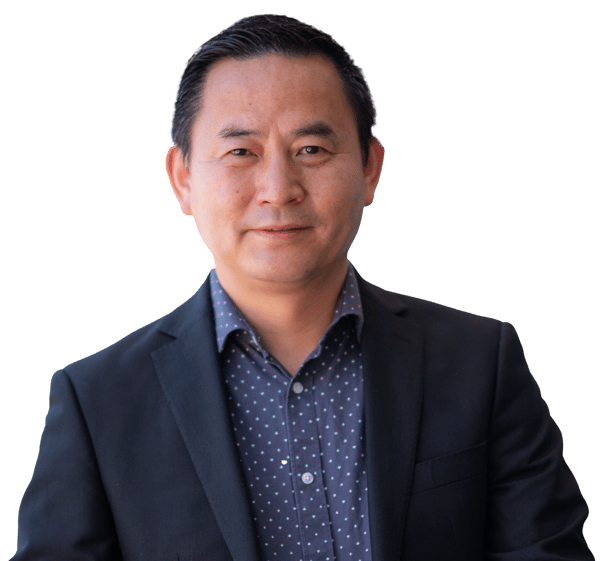
Dr. Honggang Wang
Professor and Department Chair,
Katz School of Science and Health
Dr. Honggang Wang’s pioneering research leverages AI to analyze dietary data, which could have broad implications for improving nutrition as well as understanding diet-related health risks globally. A renowned researcher of wearable medical devices and medical AI, he is the recipient of numerous awards from the IEEE – a leading professional organization dedicated to advancing technology for the benefit of humanity. We’re proud that Dr. Wang conducts his research at YU’s Katz School of Science and Health, where he also serves as the Computer Science and Engineering Chair and director of the new master's programs in computer science.
I am dedicated to preparing Jewish educators to engage and inspire the next generation.
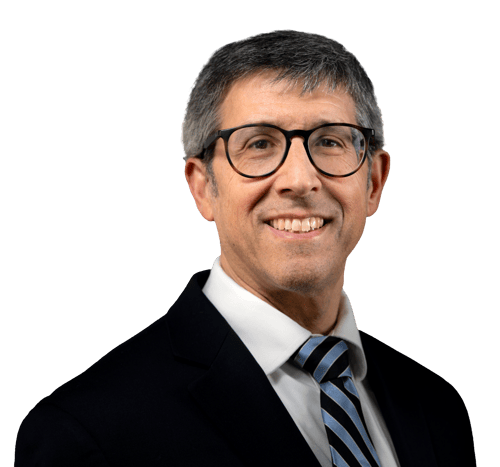
Rabbi Dr. Michael S. Berger
Dean, Azrieli Graduate School of Jewish Education and Administration
Azrieli’s new dean, Rabbi Dr. Michael S. Berger, is a scholar, author and sought-after educator whose expertise spans Jewish thought, ethics and contemporary Jewish identity formation. To this important role, he brings a passion for Jewish education, a wealth of experience and a stellar reputation to guide and inspire tomorrow’s leaders in Jewish education — ensuring its vitality and strength for future generations.
I am an award-winning clinical psychologist and Ferkauf professor pioneering innovative migraine treatments.
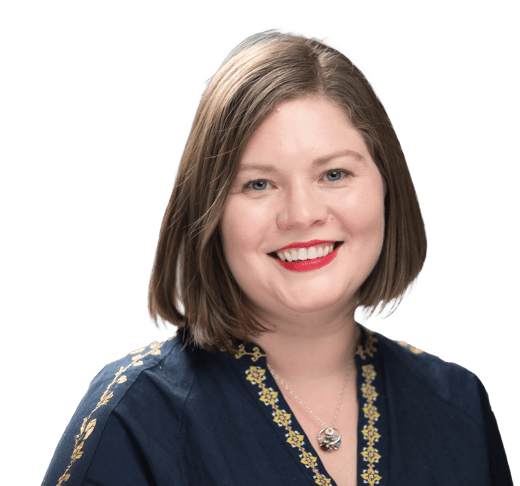
Dr. Elizabeth Seng
Professor of Psychology,
Ferkauf Graduate School of Psychology
Dr. Elizabeth Seng’s research has shown how behavior modifications can greatly improve migraine management, including patient medication adherence, lifestyle changes and even actions taken by the provider. Her ongoing research is also demonstrating that stigma is an important contributor to migraine-related disability, and she is currently running a clinical trial using mindfulness-based cognitive therapy that has the potential to improve the lives of millions around the globe.
I am guiding students to deepen their understanding of Jewish history, embracing its challenges, insights and future.
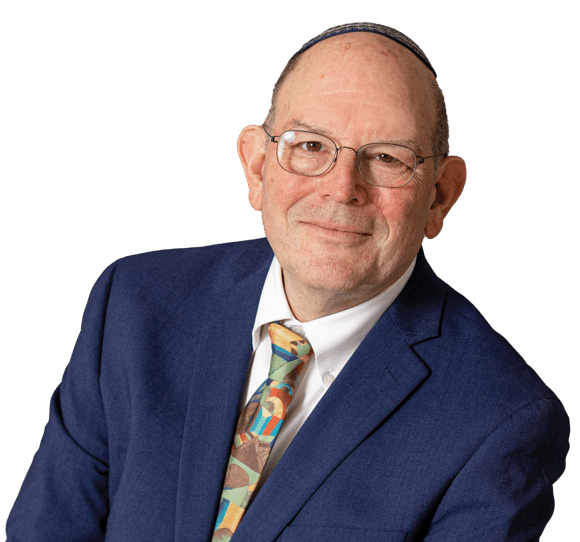
Prof. Steven Fine
YU Churgin Distinguished Professor of Jewish History,
Director, Yeshiva University Center for Israel Studies
A renowned historian of Judaism in the Greco-Roman World, Steven Fine is the Churgin Distinguished Professor of Jewish History. He is director of the Yeshiva University Center for Israel Studies and its Talmud and Archaeology Project. Prof. Fine's research focuses on the relationships between the literature of ancient Judaism, art and archaeology. He leads students on awe-inspiring journeys of discovery in the classroom and through archaeological site visits and excavation “where it happened” in Israel and Rome, and is a sought-after lecturer around the world.
I am investigating strategies to target oncogenic mutations in colorectal cancer, mitigating its effects to improve survival.
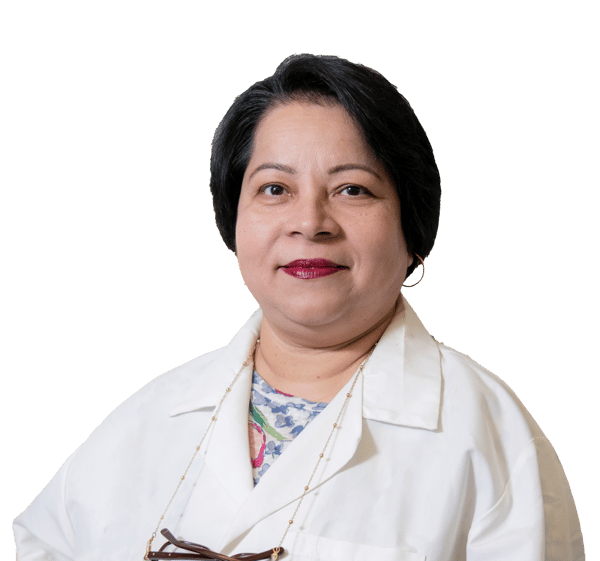
Dr. Radhashree Maitra
Professor of Biology,
Yeshiva College
Dr. Radhashree Maitra is working to combat a deadly form of colorectal cancer (CRC) by targeting a mutant gene (KRAS) with a therapy that abolishes the detrimental consequences of the mutation and improves survival. If successful, her potentially life-saving research could lead to new and efficacious treatment strategies for patients with biologic-refractory KRAS mutated metastatic colorectal cancer, a group representing 45% of all CRC cases.
I am advancing medical technologies through the power of marine bioluminescent enzymes.
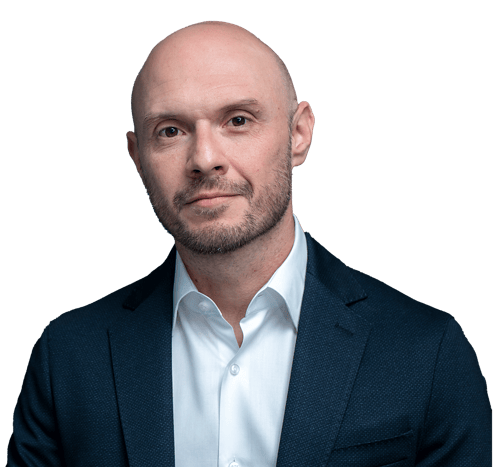
Dr. Anderson Oliveira
Chemistry Professor,
Stern College for Women
Dr. Anderson Oliveira’s research consists of expressing and characterizing new classes of photoproteins—recently isolated by his research team from deep-sea luminous invertebrates, such as corals and squids. The new groups of photoproteins found in some of these organisms are the first wild-type photoproteins able to emit green light upon calcium addition, which presents higher detection sensitivity of calcium-dependent biological processes.


